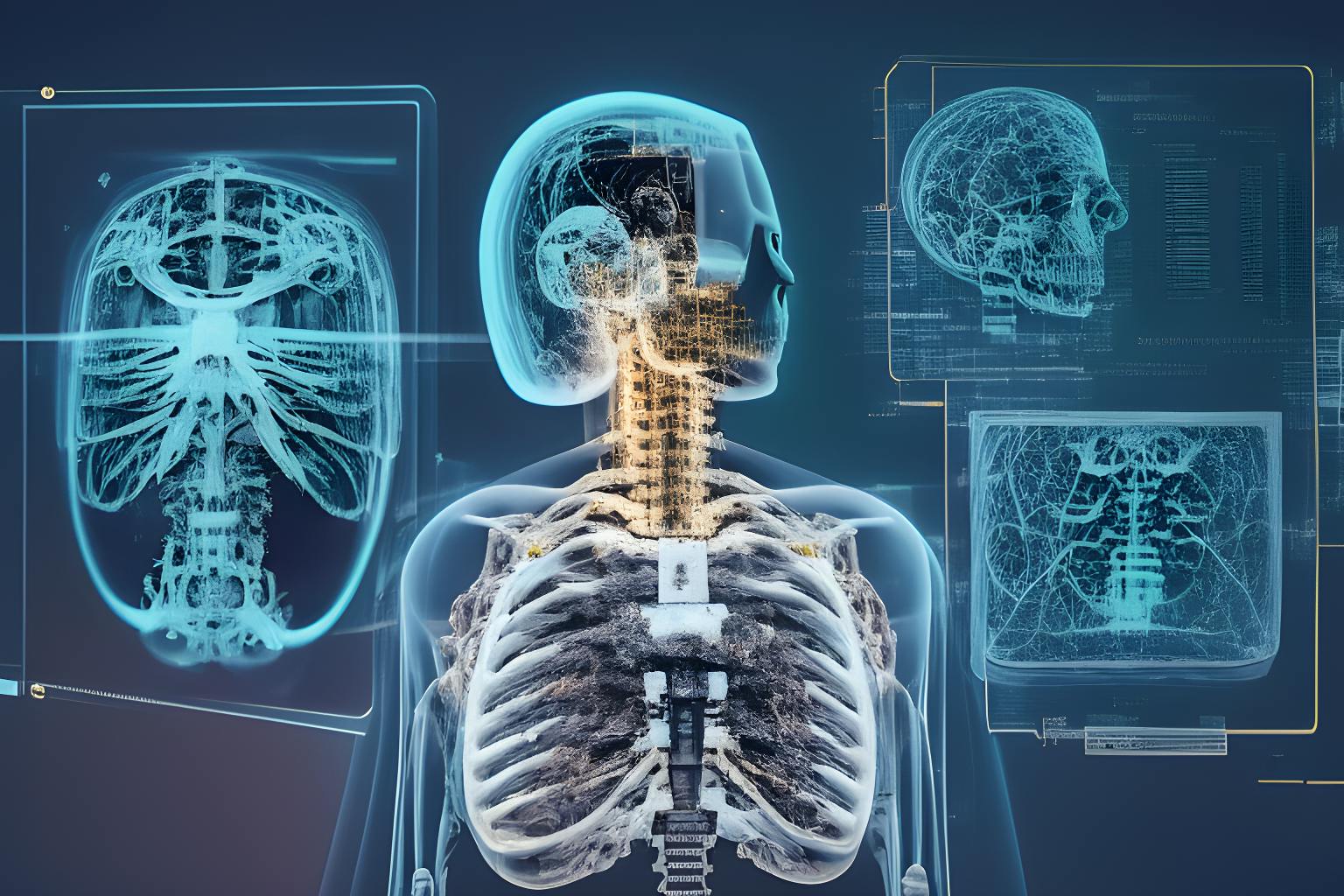365 reads
Radiologists Won't Be Losing Their Jobs to AI Anytime Soon
by
June 25th, 2023
Audio Presented by

on twitter tag "@hackernoon #techstory" to create a hackernoon story draft.
About Author
on twitter tag "@hackernoon #techstory" to create a hackernoon story draft.
